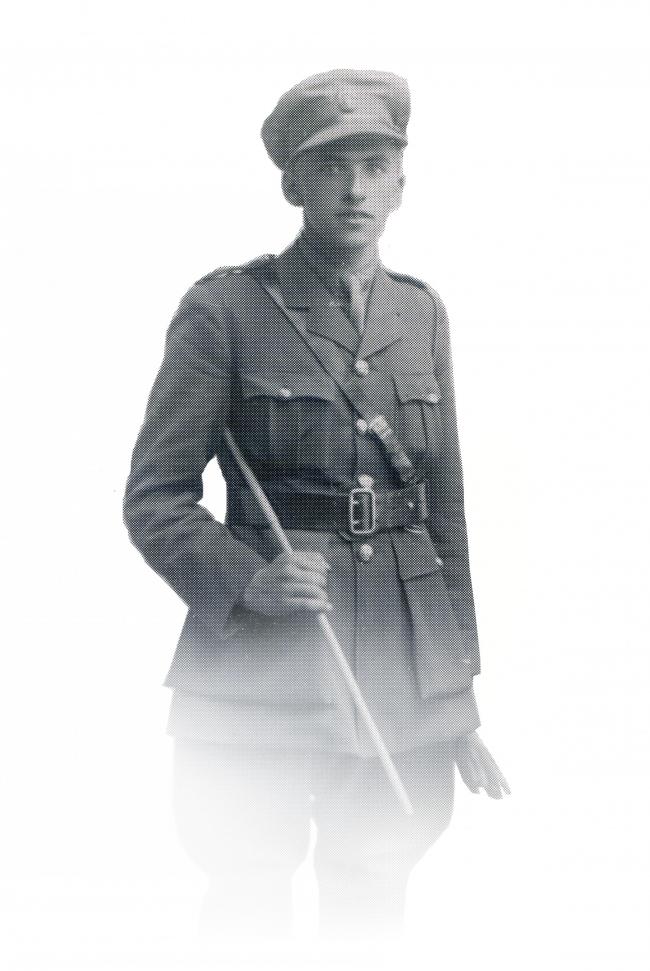
ONE of the biggest projects we’ve worked on so far in my time as editor has been this week’s publication of a special edition of The Northern Echo commemorating the centenary of the end of the First World War. The 112-page paper went on sale on Wednesday and is in the shops for a week. It looks back at how the Echo reported the 1918 armistice and how it was celebrated in the North-East.
Our chief feature writer Chris Lloyd researched and wrote the vast majority of the paper, and as we were putting it together on Monday, it was hard to focus on the technicalities of print and pages, and not get caught up in the hugely poignant personal stories of love, life and loss.
Of all the incredible tale, the one that stuck in my mind was the tale of Victoria Cross winner 2nd Lt John Youll of Thornley, County Durham. He died on a battlefield in northern Italy a fortnight before the armistice was signed.
 AWARD: 2ND Lieutenant John Scott Youll
AWARD: 2ND Lieutenant John Scott Youll
A few weeks earlier he had been back home receiving a hero’s welcome, but on the day the end of the war was announced, his parents got the dreaded knock at the door with a telegram confirming his death. They must have been so very proud of him – their son, the village’s VC. The awful irony of his death being announced on the day when the whole country was rejoicing in peace. And his age – just 21.
I’m not often moved to poetry, but it seems to happen more and more the older I get. Reading Chris’s telling of 2nd Lt Youll’s story, it brought to mind my A-level studies of Wilfred Owen, and perhaps his most famous work, Dulce et Decorum Est, about the victim of a gas attack.
If in some smothering dreams, you too could pace
Behind the wagon that we flung him in,
And watch the white eyes writhing in his face,
His hanging face, like a devil’s sick of sin;
If you could hear, at every jolt, the blood
Come gargling from the froth-corrupted lungs,
Obscene as cancer, bitter as the cud
Of vile, incurable sores on innocent tongues,—
My friend, you would not tell with such high zest
To children ardent for some desperate glory,
The old Lie: Dulce et decorum est
Pro patria mori.
Analysing this poem in college as a naïve teenager, its words had obvious power. But returning to it this week, as we put together our special edition with all its hope, tragedy and pain, it meant something else.
Did young men like 2nd Lt Youll believe “the old lie” as Owen puts it, that “it is sweet and proper to die for one’s country”? Or did they, like Owen, see the reality of the hideous suffering wrought by the conflict, which let’s not forget, was meant to be the war to end all wars.
It is so important that this type of brutal honesty about the acute agonies of war is at the forefront of all our minds in this special remembrance year – and as we move past the centenary. Future generations must know the human cost of the catastrophe that can happen when nations collide.



Comments: Our rules
We want our comments to be a lively and valuable part of our community - a place where readers can debate and engage with the most important local issues. The ability to comment on our stories is a privilege, not a right, however, and that privilege may be withdrawn if it is abused or misused.
Please report any comments that break our rules.
Read the rules hereLast Updated:
Report this comment Cancel